PGY1 & PGY2 Pharmacotherapy Residency – Amarillo
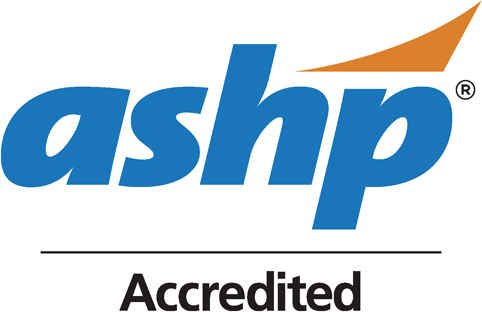
The 24-month PGY1 & PGY2 Pharmacotherapy Residency conducted by TTUHSC Jerry H. Hodge School of Pharmacy, Amarillo, Texas is accredited by ASHP (until 2026), in partnership with ACCP. The program provides significant depth and scope of knowledge and experience in comprehensive patient care and prepares residents to become Board Certified Pharmacotherapy Specialists. Residents are further guided to develop excellence in one area of practice focus throughout their training experience. The program is unique as it provides many opportunities for residents to tailor experiences as their career goals evolve. Furthermore, the program is nationally recognized for a robust clinician-educator training program designed for individuals with interests in part-time or full-time careers in academia.
Program Goals
Practice Excellence
- Develop a mastery of knowledge in pharmacotherapy.
- Demonstrate advanced practice skills in the acute, ambulatory, and chronic care settings while achieving excellence in one major area of focus.
- Engage in practice management initiatives to improve the care of patient populations.
- Establish yourself as an integral member of the health care team.
Academic Excellence
- Educate learners effectively in didactic, laboratory, and discussion-based settings.
- Demonstrate effective precepting skills.
- Interpret and disseminate knowledge in pharmacotherapy.
- Generate new knowledge that enhances the care of patients or education of learners.
Individual Excellence
- Utilize an ongoing system of self-assessment and development.
- Demonstrate exemplary verbal and written communication skills.
- Employ strategies for balancing multiple work-related and personal responsibilities.
- Adopt a long-term commitment to professional and community service.
The PGY1/PGY2 Pharmacotherapy Residency is designed to produce a specialized practitioner with an advanced degree of proficiency and expertise in working with interdisciplinary teams to deliver comprehensive patient care to diverse populations from ambulatory care to critically ill, pediatric to geriatric ages, and presenting with varied and complex health problems. The intense focus on direct patient care of this residency develops a specialist of great flexibility in the direct patient care arena, an individual who can move from one specialized area of practice to another with confidence and ease. While other clinical specialized residencies build a knowledge base and decision-making skills in one area of focus, the pharmacotherapy residency graduate refines the decision-making skill in such a way that it is transferable across practice areas and then supplements that skill with strong knowledge acquisition in a broad range of disease states.
The scope and depth of residency graduates’ experience produces a pharmacist who can successfully serve healthcare institutions as an authoritative resource for information about medications and for decision-making affecting the care of patients. Groomed for practice leadership, pharmacotherapy residency graduates can be expected to continue their pursuit of expertise in practice; to possess advanced skills to identify the pharmacotherapy and medication-use training needs of other health care professionals; to deliver effective training to those health care professionals; and to contribute to the pharmacy literature.
Practice activities are selected to provide residents with patient care experiences across a range of practice environments, diseases, patient populations, and pharmacist and physician mentors. Required learning experiences are established for all residents in order meet the competency areas, goals and objectives for the 24-month program and to gain exposure to all required disease states as outlined for the pharmacotherapy specialist. Elective opportunities may be selected or tailored to meet individual interests or career goals.
Required Learning Experiences - Block
- Orientation (4 weeks)
- Internal Medicine - Foundational Skills (4 weeks)
- Inpatient Family Medicine (4-6 weeks)
- Internal Medicine Teaching I - II (2 x 6 weeks)
- Ambulatory Care (8 weeks)
- Geriatrics (4 weeks)
- Pediatrics (4 weeks)
- Critical Care (4 weeks)
- Cardiology (4 weeks)
- Infectious Diseases (4 weeks)
- Inpatient Family Medicine Teaching (6 weeks)
- Specialization-Focused Teaching (6 weeks)
Elective Experiences - Block
*must include one additional critical care experience; required learning experiences may be repeated at an advanced level if in alignment with career goals
- Academia
- Correctional Managed Health Care
- Diabetes Camp
- Emergency Medicine*
- Nephrology
- Oncology
- Pediatric Intensive Care*
- Poison Control Center, Toxicology focus
- SICU* +/- General Surgery
- Women’s Health
Required Learning Experiences - Longitudinal
Longitudinal experiences are scheduled over longer periods of time, ranging from 6 to 24 months.
- Practice Management (block + longitudinal)
- Research Project Development
- Discussion and Laboratory Teaching
- Inpatient Staffing (4 weeks training + 1 weekend per month)
- Internal Medicine Pharmacotherapy Clinic (1 afternoon/week for 6 months)
- Family Medicine Pharmacotherapy Clinic (1 afternoon/week for 6 months)
- Infectious Diseases Clinic (1 afternoon/week for 6 months)
- Pediatric Endocrinology Clinic (1 afternoon/week for 6 months)
Residents at Texas Tech have many opportunities to engage in teaching activities throughout their training. Furthermore, a formal Clinician-Educator Training Program has been integrated into the Pharmacotherapy Residency to support the training of residents who may be interested in part- or full-time careers in academia. Residents are appointed as Assistant Instructors within the school. The Clin-Ed training program provides a series of hands-on teaching opportunities within classroom, laboratory, small group, and experiential settings. Residents also engage in activities and discussions designed to prepare early-career faculty for transitions into new practice, scholarship, service, and leadership roles. While the program targets residents interested in academia, the skill sets gained through the Clin-Ed program are applicable to a broad range of career goals.
Didactic Instruction
Residents present 1-2 formal didactic lectures per year. Residents are paired with
faculty mentors and are responsible for establishing learning objectives, engaging
students actively within the classroom, and developing assessment questions. Residents
learn how to present material effectively to both live and distant audiences.
Laboratory Instruction
Residents provide hands-on instruction in patient care-focused laboratory courses
during the fall and spring semesters. Residents are assigned up to two afternoon sessions
per week for laboratory and discussion-based learning. Teaching opportunities within
our newly revised curriculum include, clinical immunizations, parenterals and specialty
pharmacy, and applied patient care.
Discussion-Based Courses
Residents will facilitate learning activities within the school’s Clinical Correlations
course series. This innovative series integrates key concepts from multiple courses
within a given semester in a hands-on student-centered learning environment. The courses
foster practical application of course content to the practice of pharmacy in real-world
scenarios. Residents will learn facilitation skills, balancing the needs and assessments
of multiple groups. Residents will have the opportunity to share their creativity
through development of session activities.
Experiential Learning
Residents will develop and refine preceptor skills throughout the two year’s of their
program. Residents will learn the basics of effective precepting through the innovative,
nationally recognized Preceptor Mini-Series Program. Residents are eligible to be
licensed preceptors in Texas within 6-months of their state licensure. Residents start
out training third-year pharmacy students, guiding them to develop the direct patient
care skills that they will use during their APPE year. As they progress to the second
year, residents will precept both third and fourth year students and will enhance
their ability to balance precepting roles with practice responsibilities.
Teaching and Learning Certificate Program
The TTUHSC Office of Residency Programs coordinates a 12-month teaching certificate
program. Residents participate in a series of scheduled discussions and targeted learning
activities. Examples of these activities include development of a teaching philosophy
statement, syllabus, learning objectives, and a clinical teaching case. Residents
receive feedback from teaching mentors across the program. Activities within the certificate
program compliment those of the Clin-Ed Training Program.
Research
Residents complete the equivalent of one major project per year. The two-year nature
of the Pharmacotherapy Program allows the flexibility for residents to complete a
single, more in-depth project, or a multi-step project. Potential project ideas are
identified early in the program by the resident and refined in conjunction with the
research team. At least one major project must culminate in improvement of patient
care.
Resident projects must:
- include generation of original data;
- be suitable for publication or presentation at a national pharmacy meeting; and
- be reasonably completed within the timeframe of the residency program.
Project Dissemination
Residents present the results of their projects as a platform at the ALCALDE Southwest
Regional Residency Conference in April. They also present the project as a poster
at the TTUHSC School of Pharmacy Annual Research Days in June. Residents are also
strongly encouraged to present their work at national and state professional meetings.
Because the program focuses on preparing residents for successful academic careers,
they are expected to publish the results of their project in a peer-reviewed journal.
REDS (REsident Discussion Series)
Residents participate in weekly business meetings and discussions. The meetings provide
an opportunity for routine communication with residency program leadership and a strategy
to staying on track with various residency projects and deadlines. The discussion
aspect of the series incorporates strategies for developing knowledge base, literature
review, and application skills. Specifically, share in-depth discussions of patient
cases for uncommon disease states that they have experienced and a comprehensive review
of relevant literature and clinical points. Residents also present new literature
through an efficient journal club method. Residents select and work through various
professional development resources, such as TrueColors(R) or StrengthsFinder(R) related
to the goal of achieving individual excellence. The weekly sessions rotate between
the three activities (complex case presentation, journal club, and personal development).
Continuing Education Presentation
Residents develop and present one formal continuing education presentation per year
to the Panhandle Society of Health Systems Pharmacists.
Resident positions available: 1
Application deadline: January 6
NMS Code: 147219
Starting date: July 1
Program length: 24 months
Requirements:
Applicants to pharmacy residencies must be graduates or candidates for graduation of an Accreditation Council for Pharmacy Education (ACPE) accredited degree program (or one in process of pursuing accreditation) and be eligible for licensure in Texas.
How to apply:
All Texas Tech University Health Sciences Center Jerry H. Hodge School of Pharmacy affiliated residency programs are participating in the Pharmacy Online Residency Centralized Application Service (PhORCAS). More information on PhORCAS can be found on the ASHP-PhORCAS webpage.
The components of the application include:
- Curriculum Vitae (CV)
- Letter of intent (describe your interest in the residency program and your professional goals and objectives)
- Three (3) letters of recommendation forms (located in PhORCAS)
- Official transcripts from all pharmacy education
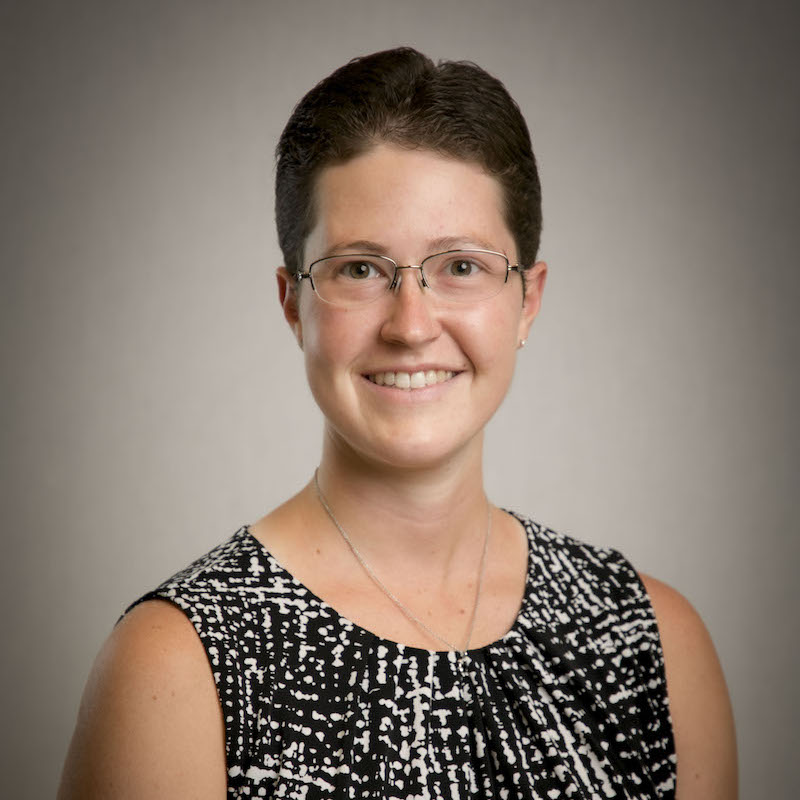 |
Program Director - Emily Buatois, Pharm.D., BCPS |
Pharmacist-Preceptors
Taryn Bainum – Medical and Surgical ICU, Critical Care Teaching
Emily Buatois – Inpatient Internal Medicine, Internal Medicine Teaching
Levi Campbell – Managed Correctional Healthcare Elective
Lindsay Courtney – Internal Medicine, Family Medicine, and Bariatric Surgery Clinics
Erica Dominguez – Geriatrics
Krystal Haase – Residency Research Project Development
Mark Haase – Pediatrics, PICU
Jeanie Shawhart – Poison Control Center, Toxicology Elective
Eric MacLaughlin – Family Medicine Clinic
Thom Parker – Pediatric Endocrinology Clinic, Diabetes Camp Elective
Kenna Payne – Inpatient Family Medicine
External Pharmacist Preceptors
Magen Fields – Director of Pharmacy, Longitudinal Staffing, Practice Management
Kennedy Brakebill – Clinical Coordinator, Longitudinal Staffing, Practice Management
Casey Mantzke – Emergency Medicine Elective
Latisha Huntington – Emergency Medicine Elective
Christine Johnson – Amarillo VA Ambulatory Care
Non-Pharmacist Supporting Preceptors
David Brabham, DO – Cardiology
Abhijit Gutal, MD – Infectious Diseases
Pablo Rodriguez, MD – Infectious Diseases, Longitudinal ID Clinic
Tarek Naguib, MD – Nephrology Elective
Mary Taylor Ibarra, AGACNP-BC – Pulmonology Elective
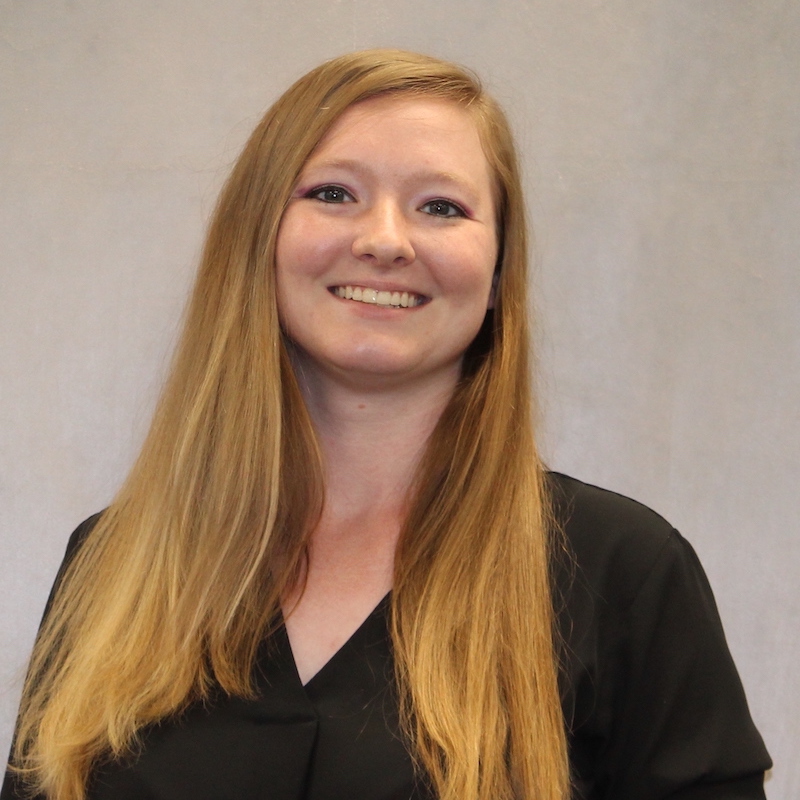 |
Sunni Amyx, Pharm.D. PGY2 Pharmacotherapy Pharmacy Resident Dr. Sunni Amyx received her Pharm.D. from the University of Missouri Kansas City School of Pharmacy. Her professional interests include Ambulatory Care and Family Medicine. Her personal interests outside of the residency program are reading, writing, and hiking with her dog. |
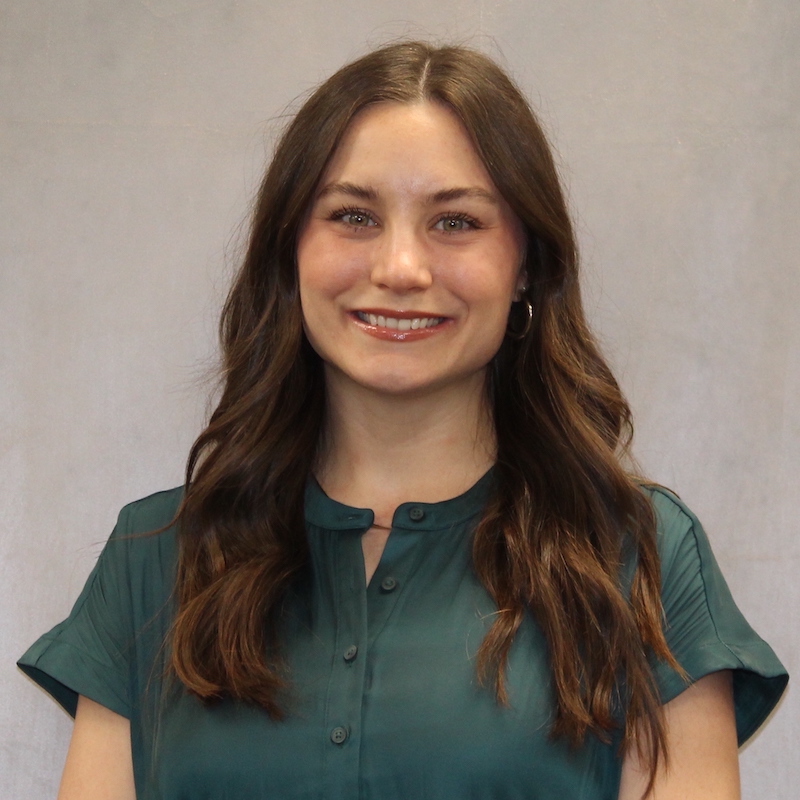 |
Lindy Burnam, Pharm.D. PGY1 Pharmacotherapy Pharmacy Resident Dr. Lindy Burnam received her Pharm.D. from TTUSHC School of Pharmacy. Her professional interests include ambulatory care, pediatrics, family medicine, and academia. Her personal interests include home renovations with her husband, spending time with her pets, and watching movies. |
 |
Chidi Ekwueme, Pharm.D. PGY1 Pharmacotherapy Pharmacy Resident Dr. Chidi Ekwueme received her Pharm.D. from the University of North Texas Health Science Center – HSC College of Pharmacy. Her professional interests include internal medicine and ambulatory care. Her personal interests include crafting, embroidering, spending time with friends and watching her favorite shows on Netflix. |
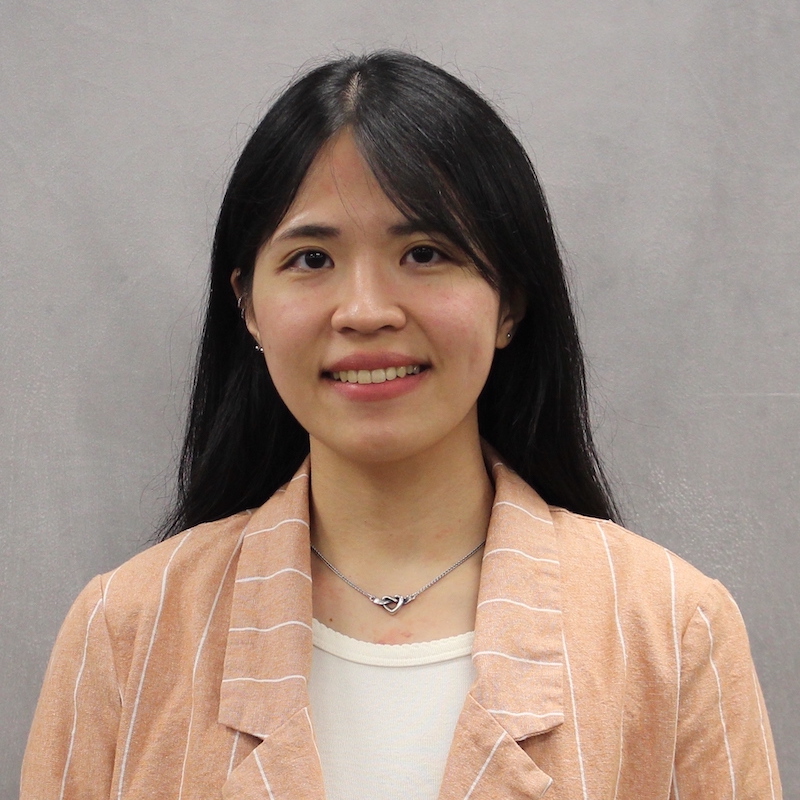 |
Hannah Stark, Pharm.D. PGY2 Pharmacotherapy Pharmacy Resident Dr. Hannah Stark received her Pharm.D. from Texas A&M College of Pharmacy. Her professional interests include Critical Care. Her personal interests outside of the residency program are weight training. |
 |
2021-2023
|
 |
2021-2023
|
 |
2020-2022
|
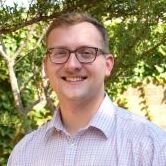 |
2020-2022
|
 |
2019-2021
|
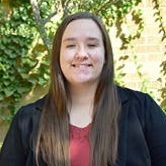 |
2019-2021
|
 |
2018-2020
|
 |
2018-2020
|
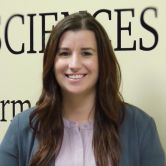 |
2017-2019
|
 |
Emily Buatois, Pharm.D., BCPS 1300 S Coulter St., Suite 206 |
